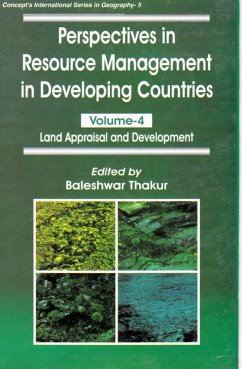Science has evolved over the last 4000 years in two stages. The first serious attempt to understand the physical world and the different interactions of matter was expounded by the Greeks, in particular, Aristotle. Aristotelian science, however, involved little or no experimentation but was developed by argument, conjecture and observation Of natural behavior. Everything could be understood if enough scientific thought was given to it. As the physical phenomena need not always be what they might appear to be, experimentation was introduced and attempts were made to verify conjecture by experimental evidence. Thus, the concept of measurement was introduced and as a consequence the units by which measurements could be made had to be considered. Physical chemistry is a branch of chemistry dealing with the physical properties of chemical substances, and the application of physics to processes and phenomena in chemical systems. This is a rare encyclopaedia on physical chemistry published as four separate volumes. It combines a thorough presentation of the theoretical and mathematical aspects of the subject with examples and applications drawn from current industrial and academic research and actual experimental data. The books closely integrate theoretical chemistry teachings with industrial and laboratory practice, providing a realistic grounding for future practising chemists and engineers. It is intended that all the aspiring scholars of physical chemistry will find this book very useful.
Dieser Download kann aus rechtlichen Gründen nur mit Rechnungsadresse in A, B, BG, CY, CZ, D, DK, EW, E, FIN, F, GR, HR, H, IRL, I, LT, L, LR, M, NL, PL, P, R, S, SLO, SK ausgeliefert werden.


